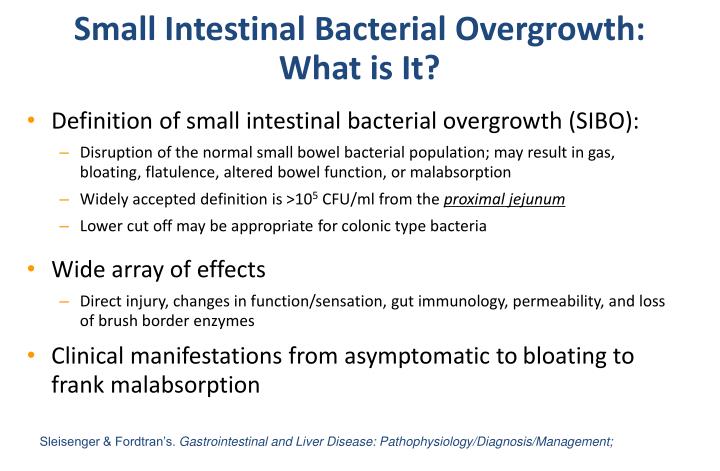

GI conditions such as gastroesophageal reflux disease and dyspepsia are more common in people with IBS than the general population. People with IBS often suffer from other GI and non-GI conditions. What other health problems do people with IBS have? IBS affects about twice as many women as men and most often occurs in people younger than age 45.

adults. However, only five to seven percent of U.S. Studies estimate that IBS affects 10 to 15 percent of U.S. hard or lumpy stools less than 25 percent of the time.loose or watery stools at least 25 percent of the time.



 0 kommentar(er)
0 kommentar(er)
